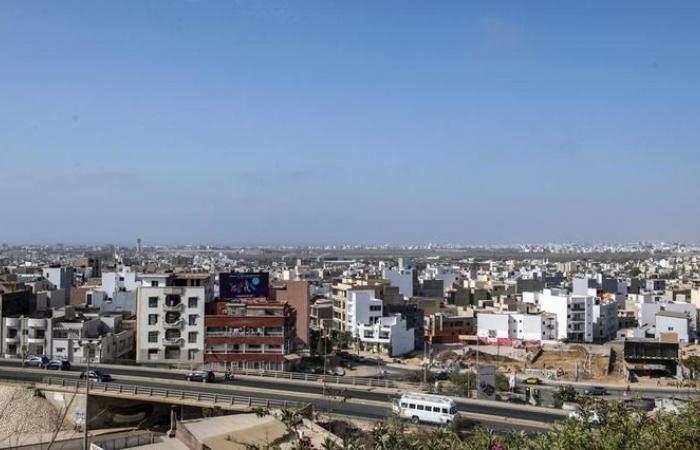Senegal will experience growth estimated at 10.1% in 2025 while seeing its inflation decrease by 2%, declared Wednesday in Dakar the head of a mission from the International Monetary Fund (IMF), Edouard Gemayel.
DAKAR, June 19 (Xinhua) — Senegal will experience growth estimated at 10.1% in 2025 while seeing its inflation fall by 2%, the head of an International Monetary Fund (IMF) mission said Wednesday in Dakar. , Edouard Gemayel.
For the moment, growth projections for 2024 remain maintained at 7.1%, a drop compared to the 8.3% which was initially forecast, indicated Mr. Gemayel, who gave a press briefing on the presentation of the 2nd review of the economic reform program of the government of Senegal supported by the IMF.
“We will be at 4.8% this year in terms of non-hydrocarbon growth,” he noted, stressing that inflation would continue to fall, going from 4% to 3.9%.
“If we put these figures into perspective by comparing them to the average in sub-Saharan Africa, for 2024, the average is nearly 3.8% while Senegal is at 7.1%,” maintained Mr. Gemayel.
He also revealed that Senegal could, following the review by the IMF Board of Directors, receive around mid-July an envelope of nearly 230 billion FCFA ($376.7 million). ) as part of the 2023-2026 program.
Insisting on Senegal’s budgetary policy, he indicated that “the deficit this year which was initially estimated at 3.9% would be 4.6% of GDP”, putting this situation on several factors, namely “the payment interest on debt services, unpaid bonds from previous years, the impact of the growth of a value which was revised slightly downward and the increased allocation for energy subsidies due to the absence of shares policies”.
Regarding subsidies, Mr. Gemayel invited the Senegalese authorities to favor so-called targeted subsidies in order to better support sectors such as education, health and investments.
Non-targeted subsidies are ”very costly” for the Senegalese budget, he lamented, advocating ”the gradual reduction of energy subsidies” which, for this year, ”will cost beyond of 500 billion FCFA (approximately 819 million dollars)”.






